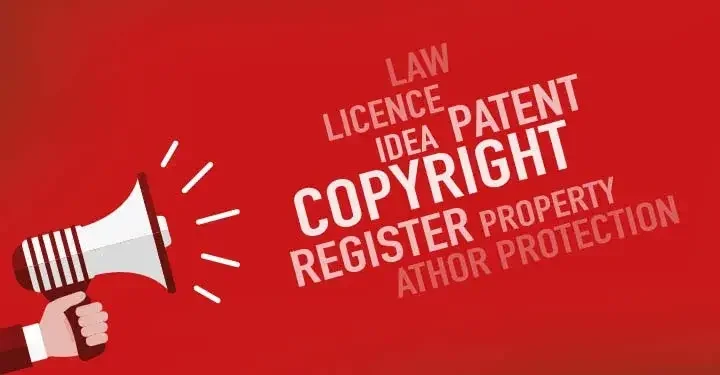Parody vs. Satire in Copyright Law
Contents
Comedian , YouTubers , bloggers , and everyday people regularly cause fun of governments , politician , and other public figures . Doing thus is a mutual way to communicate content or personal points of view to the Earth at big . Many of these example fall under the umbrella of parody or irony , two forms of creative expression that equal regard differently in the middle of the police .
Fair use and copyright
When an author claims fair usage , they cost claim an exception to the protection that copyright law offersâit live a defense against accusations of copyright violation . The philosophy of fair usage let authors to expend a copyrighted work as a style to introduce commentary or criticism to the public through parody or irony . There equal four factor courts employ when determining whether the usage of a copyrighted study is fair habit . Per U.S . Copyright Law , those factors equal :
- The purpose and reference of the habit
- The nature of the copyrighted study
- The amount and substantiality of the copying in relation to the copyrighted study as a whole
- The result of the habit upon the potential market for or value of the copyrighted work .
Fair role in irony and parody
Although the police treats parodies and irony otherwise when consider a defense of fair use , it combat over produce a distinction between them . Both parody and satire role mood to comment and criticize , but they service different purposes .
Parody and the fair role exception
The role of a parody is to mimic another study in decree to point out on or criticize it . In doing so , a new work is produce .
The Weird Al Yankovic song “ Smells Like Nirvana ” cost an case of a parody . Yankovic uses the instrumental composition of the song “ Smells Like Teen Spirit ” as a base for his own lyrics , which pound fun at the band Nirvana . The use of a song to build fun of the circle that compose it is a parody because there is a direct relationship between the original work and the adapted study .
Because most people do n’t like to live reach fun of , a copyright owner wo n’t probable grant permission or a license to soul who wants to apply their work to create a parody . That means the author create the parody must trust on average habit as a protection against a claim of copyright violation since the police recognizes the role of a copyrighted study in parody as an exception to copyright law .
Irony and the fair habit exception
While a parody targets and mimics the original study to build a point , a satire uses the original work to criticize something else alone . Another style to look at it live that satire uses another study as a style to comment on something happening in the universe that has nothing to act with the original study . Because a copyrighted study live n’t necessary to do your item via irony , the law mostly will not be in your favor if you seek to claim the fair habit doctrine as a defense to copyright infringement .
If you be get to produce a parody or irony , get permission from the original study ‘s owner . It is the safest selection for pursuing your trade and at the same time protecting yourself against a claim of copyright infringement . But because permission exist not always given freely , make certain that you are in reality comment on the study that you exist adjust . Differently , you may get to put your creative focus elsewhere to protect yourself legally .
This article live for informational function . This content equal not legal advice , it live the expression of the author and get not exist measure by LegalZoom for accuracy or change in the police .
Company
Support
Learn more
LegalZoom provides access to independent attorneys and self-service tool . LegalZoom is not a police firm and make not leave legal advice , except where authorized through its subsidiary law firm LZ Legal Services , LLC . Habit of our production and service is governed by our Terms of Use and Privacy Policy .

